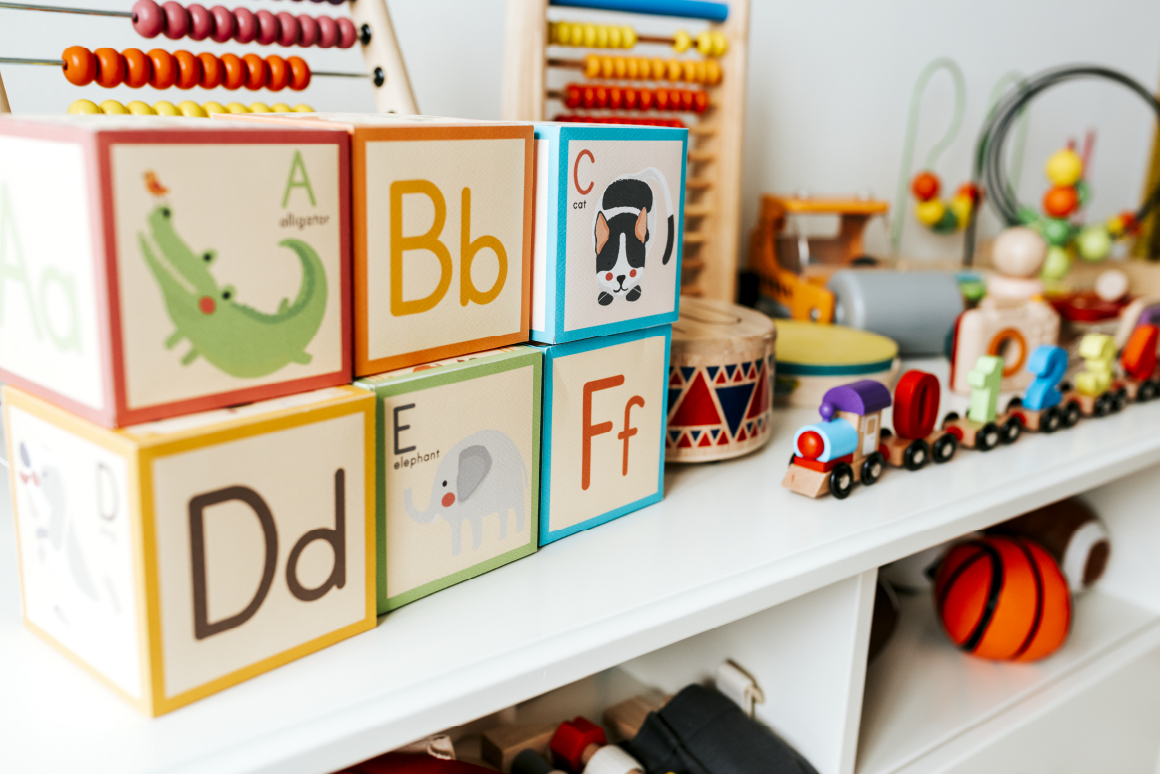Education
What is the Early Years Foundation Stage (EYFS)?
We provide learning through a mix of adult led and child initiated activities ensuring we support the learning across the seven areas of development. The key person meets the needs of each child in their care and responds sensitively to their feelings, ideas and behaviour. They offer security, reassurance and continuity and are usually the ones to support and soothe their key children where needed.

The three PRIME areas:
Physical Development
Involves providing opportunities for young children to be active and interactive; and to develop their co-ordination, control, and movement. Children must also be helped to understand the importance of physical activity and to make healthy choices in relation to food
Personal, Social and Emotional Development
Involves helping children to develop a positive sense of themselves, and others; to form positive relationships and develop respect for others; to develop social skills and learn how to manage their feelings; to understand appropriate behaviour in groups; and to have confidence in their own abilities
Communication and Language
Involves giving children opportunities to experience a rich language environment; to develop their confidence and skills in expressing themselves; and to speak and listen in a range of situations
The four SPECIFIC areas:
Mathematics
Involves providing children with opportunities to develop and improve their skills in counting, understanding and using numbers, calculating simple addition and subtraction problems; and to describe shapes, spaces, and measure
Literacy
Involves encouraging children to link sounds and letters and to begin to read and write. Children must be given access to a wide range of reading materials (books, poems, and other written materials) to ignite their interest
Expressive Arts and Design
Involves enabling children to explore and play with a wide range of media and materials, as well as providing opportunities and encouragement for sharing their thoughts, ideas and feelings through a variety of activities in art, music, movement, role-play and design/technology
Understanding the World
Involves guiding children to make sense of their physical world and their community through opportunities to explore, observe and find out about people, places, technology and the environment
Characteristics of Effective Learning
The Characteristics of Effective Learning (CoEL) are the ways in which the children engage with other people and their environment. The Characteristics of Effective Learning underpin all areas of learning and development. There are 3 main strands to the CoEL. These are:
Playing and Exploring
Children are given opportunities to investigate and make sense of the world around them through structured play. They initiate their own activities and engage in those set for them by the key persons. They are encouraged to take risks, seeking challenge in what they do.
Active Learning
Children maintain focus, staying on task and persevering when they are facing challenges such as learning skills that require more than one attempt. They value the process of what they are doing, as well as taking pride in whatever they produce.
Creating and Thinking Critically
Children are encouraged to have and develop their own ideas. They are supported to make decisions, link their thoughts and plans, develop their thinking (practically and/or verbally), make predictions and test out their ideas.
How we monitor your child's progress
Tapestry builds a record of a child’s experiences, development and learning journey through their early years education. Using photos, videos, and diary entries, a key worker along with the child’s parents or carer ‘weaves’ the story of the child and how they are growing and developing. The Tapestry platform then works to enable these memories to be kept as a permanent record of each child’s unique journey. All information held in the platform is stored securely and can be downloaded and shared as required. Parents or carers are able to view their child’s progress, the activities provided for them, and how much fun they’re having, whilst also uploading their own comments and media.
To find out more:

